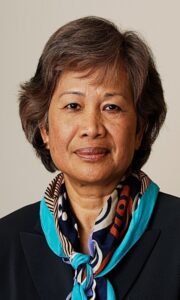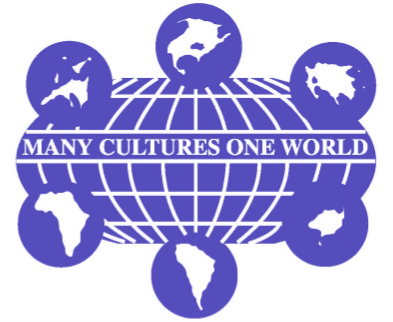 Future of Nursing (FON) Report 2020-2030: Charting A Path to Health Equity: What Can We Contribute as Nurses Across All Roles and Settings
Future of Nursing (FON) Report 2020-2030: Charting A Path to Health Equity: What Can We Contribute as Nurses Across All Roles and Settings
by Priscilla L. Sagar, EdD, RN, ACNS, BC, CTN-A, FAAN
The Future of Nursing Report, Leading Change, Advancing Health by the Institute of Medicine in was published in 2011. A decade after the first publication of the report, the National Academies of Sciences, Engineering, and Medicine [NASEM, 2021] recently published the Future of Nursing 2020-2030 report. The FON report views nurses as a key to achieving health equity (NASEM, 2021). To be prepared for this gargantuan task, it is paramount for nurses to first put self-care as vital for themselves and for those they serve. For 20 years in a row, Gallup polls showed that the public trusts nurses the most among professionals. Public trust and strength in numbers must be harnessed to meet the challenge of ensuring health equity for all. I have read portions of this important report. Like all of us, I must go back to the report and read it again in its entirety and reflect on its implications in our own practice settings.
Have you read the FON Report 2020-2030 in its entirety? The FON Report exhorts nurses to lead the initiative of health equity for all. Even for the largest group of healthcare professionals and the most trusted by the public, this is a lofty order. If we break this down to what each nurse can do to contribute to chart a path to health equity, what can we do as individuals nurses across all roles and setting? This blog calls on individual nurses to reflect. It is through individual contributions, commitment, and dedication that we will get closer and closer to health equity for all. It is through individual involvement in policy at the local, state, and federal levels that nurses will educate lawmakers, the public, and all stakeholder to support legislations to narrow the disparities in healthcare access and quality. How prepared are nurses in policy making? How do we move from advocacy to activism? Are these standard content of our nursing curricula? Do we have formal mentoring programs and sponsorship, including those from underrepresented communities?
Nurses cover 24-hour shifts with patients, spending the greatest amount of time in caring for patients among health care professionals. Hence nurses have indispensable patient insights and unique abilities to contribute as partners with the interprofessional team in improving the quality and safety of care. A nurse in nursing practice must include social needs when planning, implementing, and evaluating nursing care and coordinating care from the rest of the healthcare team. What transportation needs to get to various services if services are not strategically located for access? How are innovative approaches used such as encouraging team members to solve problems and use best practices?
For a nurse educator, the curriculum is the blueprint of teaching, testing, and evaluation and developing and fostering clinical judgment and critical thinking. Are nursing curricula still heavily leaning to acute hospital care when much of healthcare has moved to the community? Are social determinants of health standard inclusion in nursing curricula? How much diversity, health equity, culturally and linguistically congruent care is part of the curricula ? Are these content areas threaded from levels to levels and from courses to courses instead of being part of isolated, stand-alone courses? What are included in course examinations and on the Next Generation National Council Licensing Examination (NCLEX)? The FON 2011 aimed to have 80% of nurses with a BSN by 2020. We are behind in this goal.
As nursing administrators, is there a focus on recruitment and retention of diverse nurses, including minority nurses. Has the institution partnered with the communities it serves? Does it use satisfaction survey? Are the providers of healthcare mirroring the people in the community it serves? The COVID-19 pandemic laid bare the inequities in healthcare. Is there disaster and emergency response preparedness? The well-being of nurses are paramount and directly impacts nurses, patients, healthcare costs, and society. Turnover cost and training is expensive. Are memberships in professional organizations and professional growth encouraged? Is there opportunities for emerging leaders and for succession planning?
As nurse scientist, what are the priority research agenda to reduce disparities, to generate knowledge in caring for minority populations? Is there a way to extract data lumped together for Asians, African Americans, Latino, and other groups? How is trust fostered in some populations whose participation in research is vital for new knowledge development? How is telehealth, digital health, and data analytics affecting health outcomes? What other priority areas do you see?
I may have probably just scratched the surface of the FON 2020-2030 report. Let us all review it and use it as a template to carve health equity for all.
REFERENCE:
National Academies of Sciences, Engineering, and Medicine (2021). The Future of Nursing 2020-2030: Charting a Path to Achieve Health Equity. Washington, DC: The National Academies Press. https://doi.org/10.17226/25982.
